
Mice are small, resourceful creatures that have evolved incredible survival strategies. One of their most fascinating behaviors is food hoarding, a habit that can impact your home and pantry in surprising ways. This article dives deep into why mice hoard food, how they do it, and what this behavior means for homeowners.
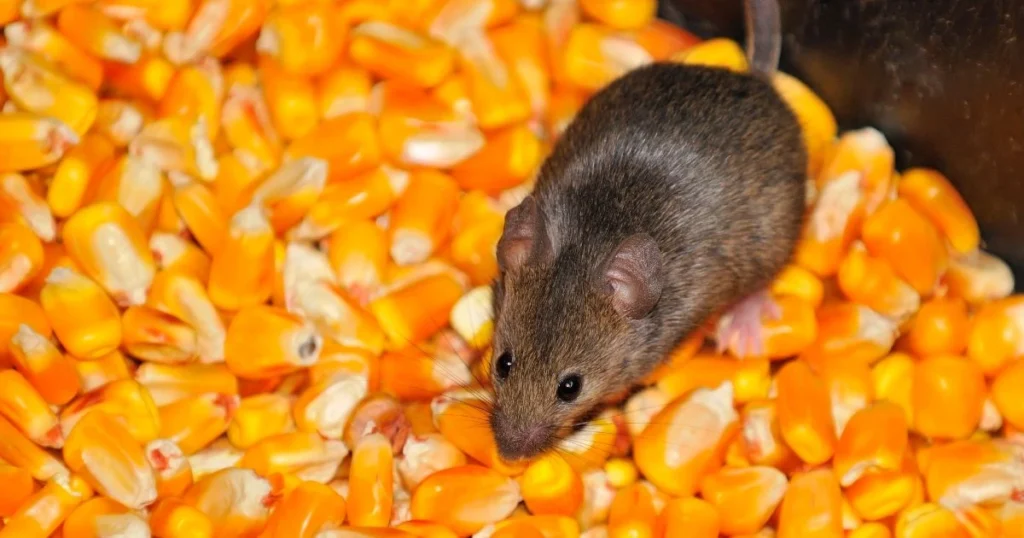
Food hoarding is a natural survival mechanism for mice. As nocturnal animals, they often gather food during the night and store it in safe locations. This behavior stems from their instinct to prepare for times when food might be scarce, such as during colder months or when food sources are difficult to access.
Mice are opportunistic feeders and will collect any food they can find. By hoarding, they ensure they have sustenance readily available without constantly exposing themselves to predators or dangers.
Mice are meticulous when it comes to hoarding food. They usually store it in hidden locations close to their nests, such as:
They carry food in their mouths, bit by bit, to their designated storage areas. Commonly hoarded items include seeds, grains, pet food, and crumbs. These hidden caches are often discovered during pest control inspections or home renovations.
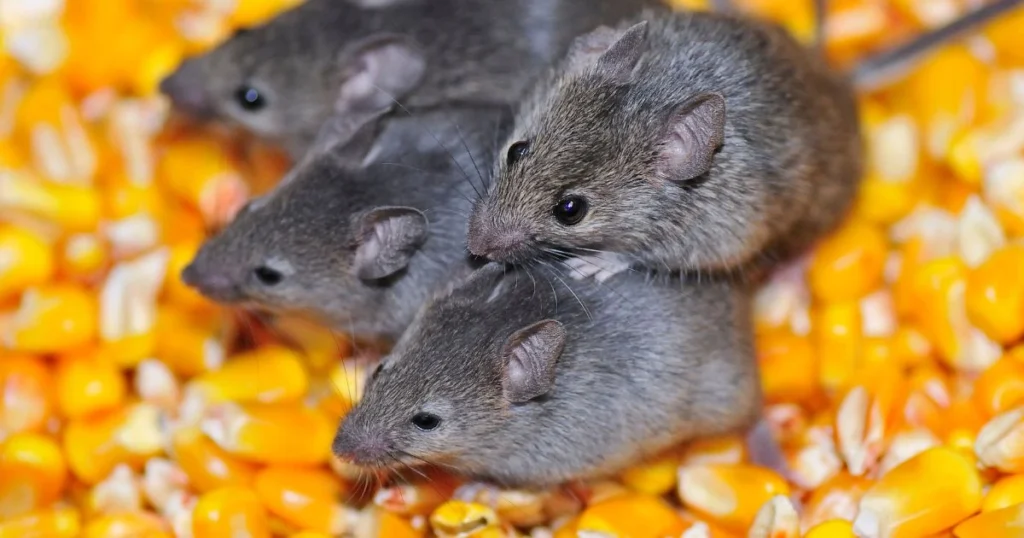
If mice are hoarding food in your home, you may notice these signs:
Mice have simple preferences when it comes to food hoarding. They prefer items that are easy to transport and provide significant nutritional value. Commonly hoarded foods include:
Mice are not picky eaters. They hoard even inedible items, like small plastic pieces, if they mistake them for food.
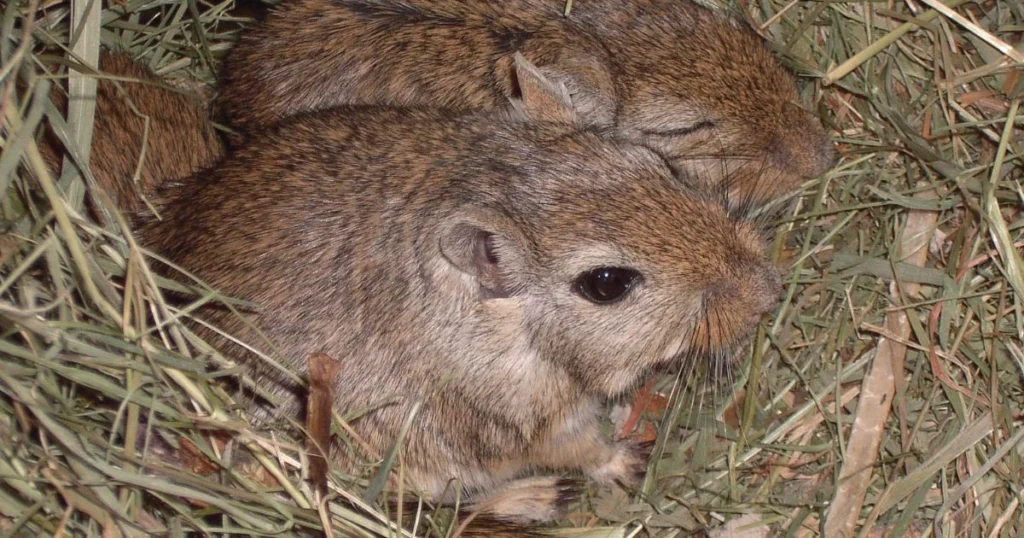
Food hoarding by mice can create several problems for homeowners, including:
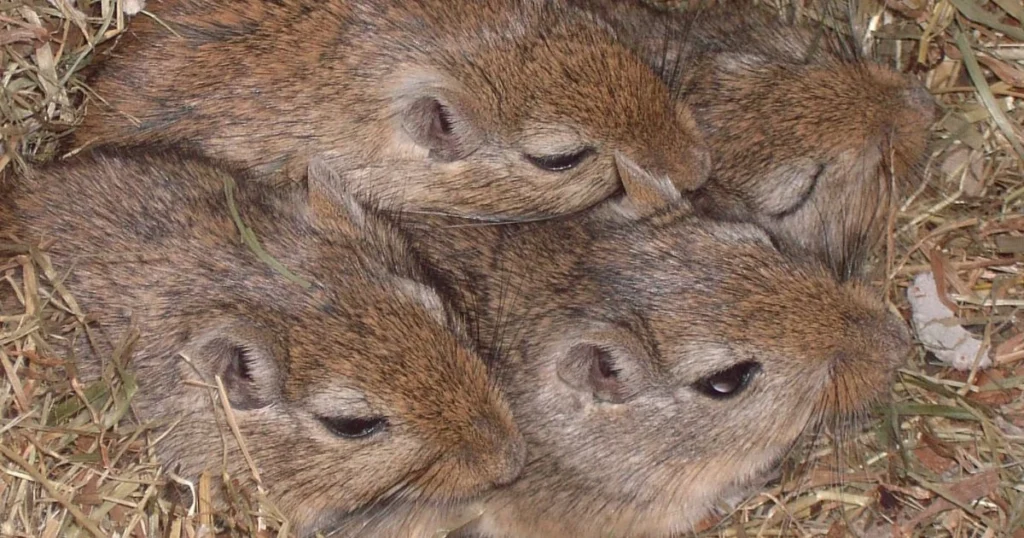
Taking proactive measures can prevent mice from hoarding food in your home. Here’s how:
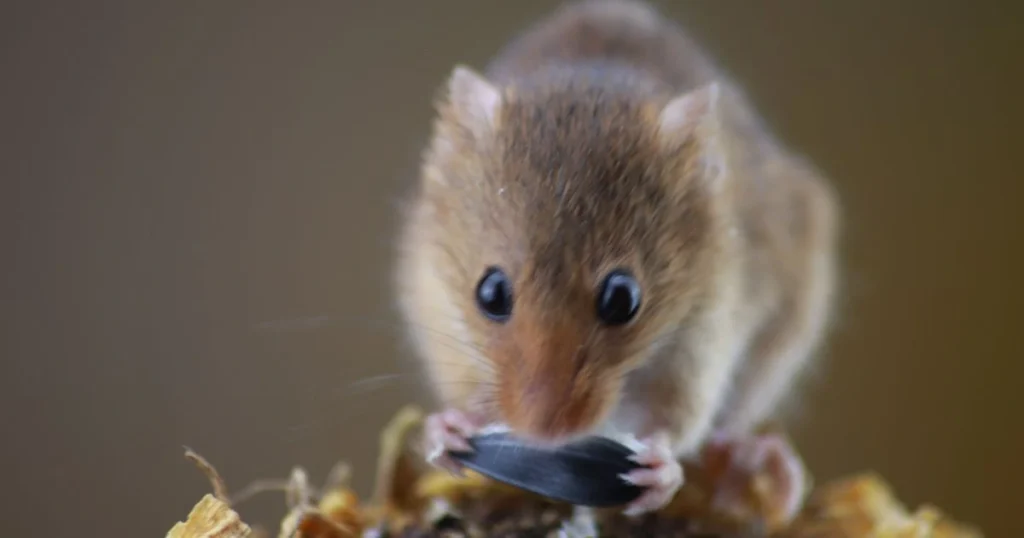
If you suspect mice are hoarding food in your home, you can try these DIY methods:
However, DIY methods may only offer temporary relief. Professional assistance is often necessary for long-term solutions.
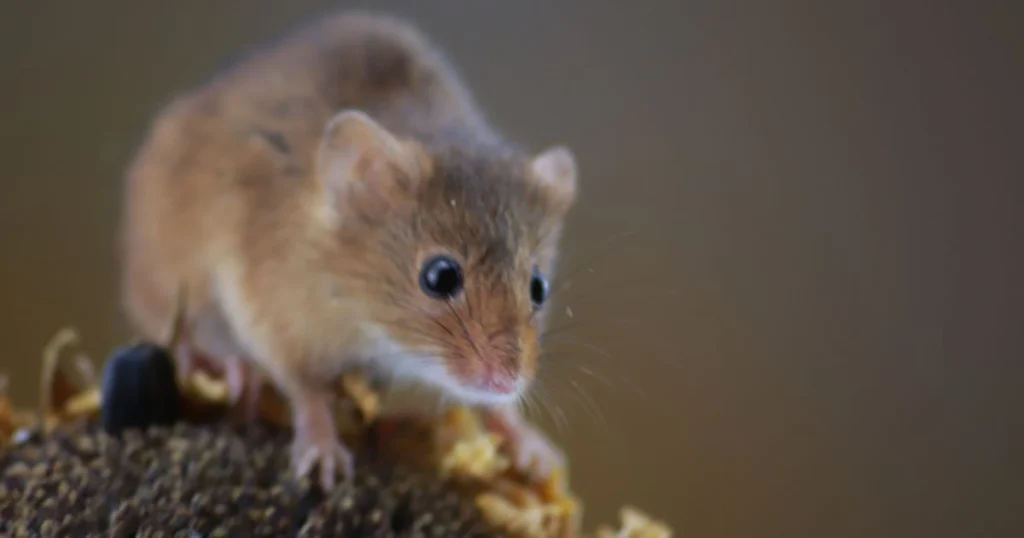
If the infestation persists despite your efforts, it’s time to call in the experts. Mice are prolific breeders, and their hoarding behavior can quickly escalate into a larger problem. A professional pest control service will:
Contact Critter Stop at (214) 234-2616 for effective and humane rodent control. Our team specializes in wildlife and pest removal, ensuring your home is free from infestations. Critter Stop has a fantastic reputation and stellar customer reviews online because we deliver high-quality work and exceptional customer service. Call us today for a free inspection and take the first step towards a rodent-free home!
Mice are fascinating yet pesky creatures that exhibit intriguing behaviors. This FAQ section answers common questions about mice, helping you understand their habits and how to address issues they may cause.
Yes, mice often hoard food. They store small amounts of food in hidden areas near their nests to ensure they have a reliable food source, especially during lean times.
Mice are social animals and thrive in groups. While they don’t need “friends” in the human sense, they prefer the company of other mice to reduce stress and loneliness.
Yes, mice can swim. They are surprisingly good swimmers and can survive in water for extended periods, which helps them escape predators or explore new areas.
Mice, particularly males, may fight when competing for territory or mates. Aggression is more common in crowded conditions or when resources are scarce.
Mice may reduce indoor activity during summer if outdoor food and shelter are abundant, but they often return when the weather turns colder.
Mice don’t run in coordinated packs but are social creatures, often in groups. You may spot multiple mice in an area, especially if there’s an ample food supply.
Mice have poor vision but are adept at navigating in the dark using their whiskers and a strong sense of smell and hearing. They rely more on these senses than their eyesight.
Yes, mice can sneeze, especially if exposed to irritants like dust, strong smells, or respiratory infections. Frequent sneezing may indicate health issues in pet mice.
Mice often live in groups but can also appear in pairs when a breeding male and female are involved. A pair may quickly lead to a larger infestation.
Mice may be more active outdoors during summer but still enter homes for food, water, or shelter. Preventative measures should be taken year-round.
Generally, mice and rats do not cohabitate peacefully. Rats are larger and more aggressive, often outcompeting mice for food and territory.
While mice rarely transmit rabies, they can carry other diseases that may harm dogs, such as leptospirosis or hantavirus, if contact occurs.
Mice often live in small family groups. While they don’t form organized packs, you might notice multiple mice in a single area where resources are plentiful.
Mice can fight, particularly males competing for dominance, mates, or resources. Fighting is more common in overcrowded conditions.
Mice can sense cats nearby through their heightened sense of smell. The scent of a cat often deters mice from entering an area.
Mice can scratch walls, furniture, and other surfaces while building nests or foraging. Scratching noises in walls are often a sign of mouse activity.
Yes, mice can sense cats through their acute sense of smell and hearing. The presence of a cat can deter mice, but it’s not a guaranteed solution to an infestation.
Mice sometimes hide food in shoes or other small spaces near their nests. This behavior is part of their hoarding instinct to store food for later.
No, mice's tails do not grow back if injured or lost. Although they are crucial for balance and communication, they cannot regenerate.
Yes, mice can attract ants. Their leftover food crumbs and droppings may invite ants or other pests into the area.
Mice are active year-round. During summer, they may explore outdoor areas more, but they often enter homes if food and water are accessible.
Mice don’t usually hop when they run, but they can leap short distances to navigate obstacles or escape danger.
Yes, mice multiply quickly. A female mouse can have 5-10 litters per year, with each litter containing 5-12 pups, leading to rapid infestations.
For professional assistance in dealing with a mouse problem, call Critter Stop at (214) 234-2616. Critter Stop offers expert wildlife removal services with a reputation for high-quality work and excellent customer service.
Visit our Critter Library and learn more about our furry friends